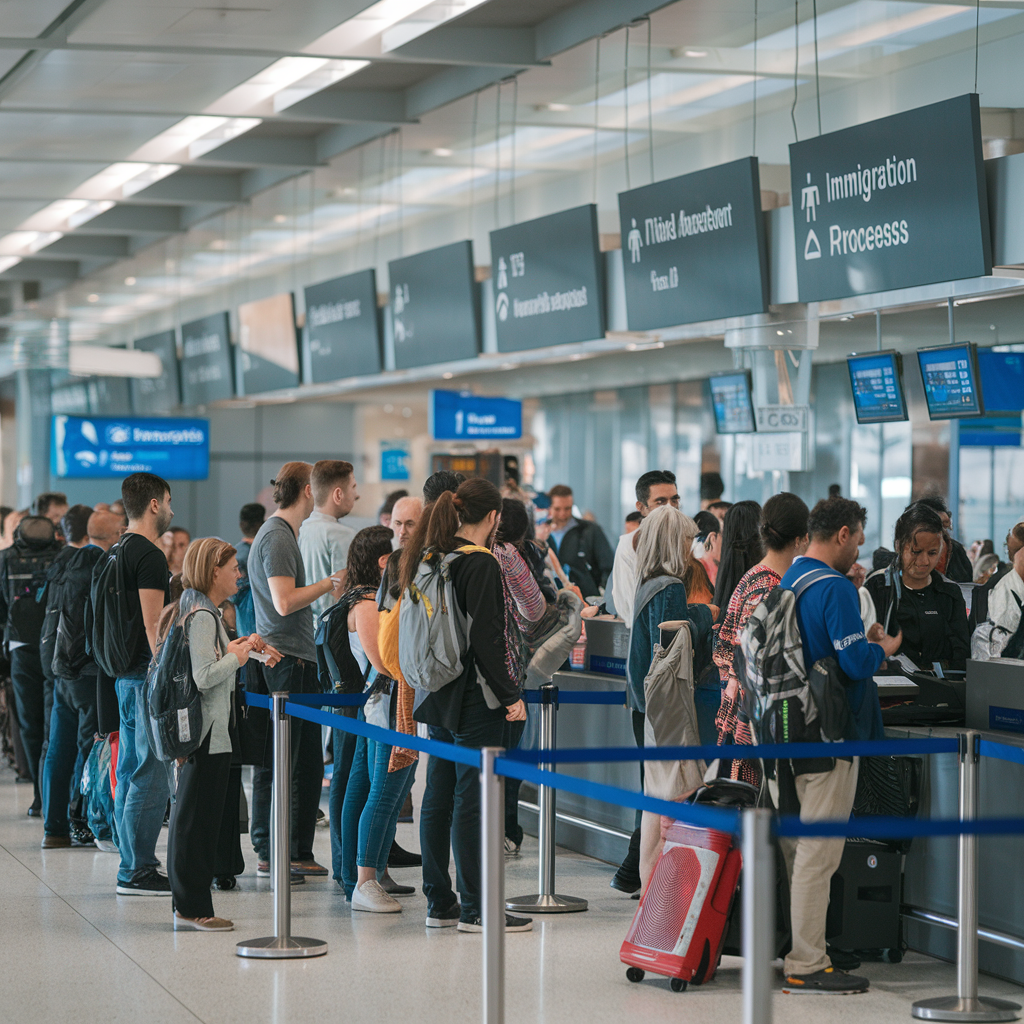Obtaining residency in Panama is an appealing option for many, but those with a criminal record must be aware of the legal restrictions that may apply. Panama’s Decree Law No. 3 of 2008, which regulates the National Immigration Service and the immigration system, outlines specific criteria that may limit the admission of foreigners, including those with a criminal record.
1. Grounds for Non-Admittance Under Decree Law No. 3 of 2008
Chapter III of the Decree Law outlines various reasons why the National Immigration Service may deny entry or revoke a visa or permit. One of the key reasons relates to an applicant’s criminal record:
Article 50, Section 4: States that having a criminal record in one’s country of origin or residence is a valid reason for denying entry, residency, or any type of visa in Panama.
This means that if an individual has a criminal record, Panama can deny them entry, refuse their visa application, and reject their residency application.
2. Risk of Residency Denial
The National Immigration Service has broad authority to deny entry or residency to individuals who pose a risk to national security or international communities, as mentioned in Article 50, Section 5. If the authorities determine that an applicant’s criminal record presents such a risk, their residency application can be denied.
3. What Happens if Admission is Denied?
According to Article 51, if a person falls under one of the non-admittance categories, such as having a criminal record, they will be returned to their last port of departure. Importantly, this decision is final and cannot be appealed, meaning there are no legal avenues to contest the denial.
4. Are There Any Exceptions or Possibilities for Appeal?
Although Decree Law No. 3 is clear in its provisions, there may be cases where personal circumstances or the nature of the criminal record are taken into account. For instance:
If the criminal record pertains to minor offences, or if the individual has served their sentence and been rehabilitated, the authorities might assess the situation more leniently. However, such exceptions are at the discretion of the National Immigration Service and depend on the specific regulations in force.
Immigration laws often include clauses that allow for case-by-case discretion, which may provide flexibility in exceptional situations.
5. How Should I Proceed if I Have a Criminal Record?
If you have a criminal record and wish to apply for residency in Panama, it is advisable to take the following steps:
Seek Legal Advice: It is highly recommended to consult a Panamanian immigration lawyer or a law firm in Panama that can review your case and advise you on the likelihood of a successful application and the legal implications involved.
Evaluate the nature of the criminal record: Not all criminal offences are viewed with the same severity. A lawyer can help determine whether your record poses a significant barrier to your residency application.
Provide Full and Honest Documentation: It is essential to be transparent with the immigration authorities and submit all required documentation, including a criminal background check. Attempting to conceal this information or submit fraudulent documents could exacerbate the situation, as Article 50, Section 2 lists submitting fraudulent documentation as grounds for non-admittance, and individuals may be subject to criminal prosecution in Panama according to the Criminal Code of Panama.
Language of Documents: If the police clearance certificate is not written in Spanish, a certified translation must be provided. The translation must be done by a sworn Panamanian translator.
Validity of Documents: The criminal record certificate should be issued recently, meaning it must not be older than six months. If presented after six months, the immigration authorities in Panama may deny your application.
Legalization Requirements: The criminal certificate must be apostilled for use in Panama or legalized by the Panamanian consulate of the country of issue for the document to be valid in Panama.
6. Conclusion
Having a criminal record may complicate the process of applying for residency in Panama, as Decree Law No. 3 of 2008 clearly states that this is grounds for denying entry to the country. However, each case is unique, and immigration authorities have some discretion in evaluating individual circumstances. If you have a criminal record and wish to apply for residency in Panama, seeking professional legal advice is essential to explore your options and ensure that the application process is handled properly.
If you need to hire a lawyer to review your legal situation with the aim of obtaining a visa or provisional or permanent residency in Panama, please contact us at info@lawyerinpanama.com.

